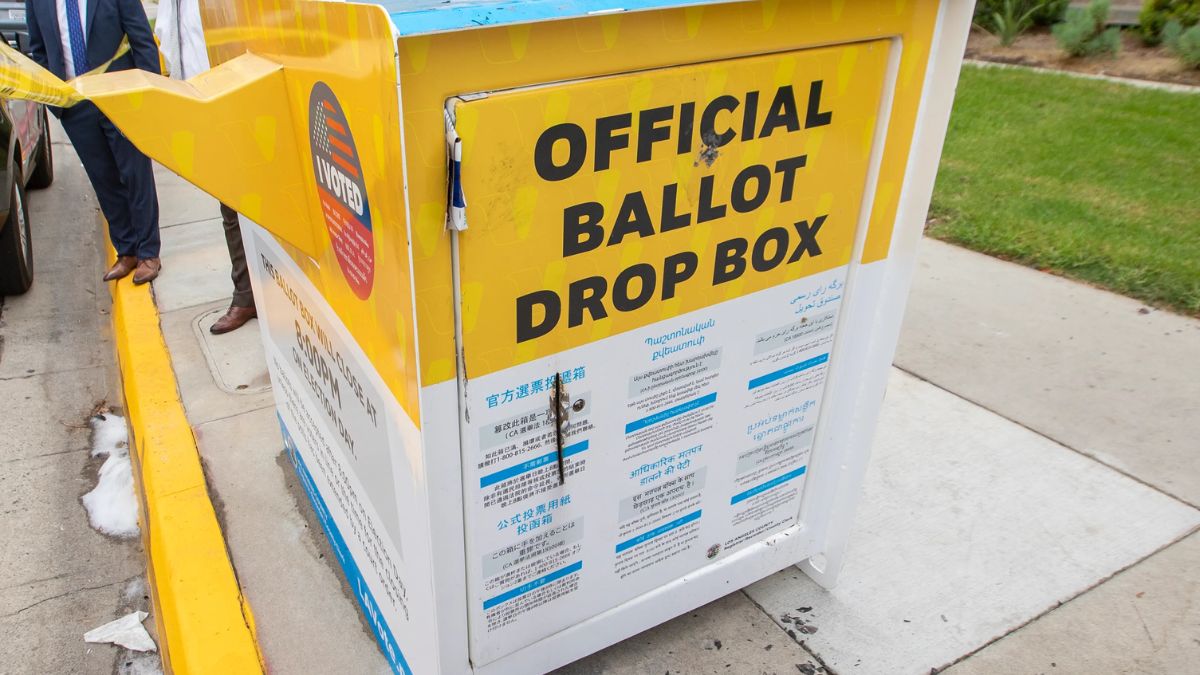The Conservative Political Action Conference (CPAC) has notified Arizona officials of its intention to monitor ballot drop boxes around the state, a move that is igniting controversy ahead of the November election. The declaration is made in the midst of continuing discussions about voter security and election integrity.
On August 15, CPAC sent a letter to Arizona Secretary of State Adrian Fontes and Attorney General Kris Mayes outlining their plan to observe drop box locations. The group has expressed concern over what it describes as potential illegal voting, echoing the contentious atmosphere from the 2022 midterm elections.
During the 2022 election, monitoring of drop boxes by armed individuals, some linked to far-right groups like the Oath Keepers, led to significant controversy and allegations of voter intimidation. Federal judges intervened to restrict such activities, emphasizing the need for distance from voters to prevent intimidation.
In their recent correspondence, CPAC’s chairman Matt Schlapp and vice chairman Bill Walton proposed several guidelines for monitoring, including ensuring drop boxes are located on public property and implementing a 75-foot buffer zone to prevent interference. They also suggested prohibiting the carrying of weapons and items that might indicate a partisan or law enforcement role.
The proposal has been met with skepticism from state officials. Fontes’ spokesperson Aaron Thacker criticized CPAC’s intentions, accusing the organization of exacerbating election skepticism rather than addressing it constructively. “To come out and pretend like you recognize the problem and that you want to help is so disingenuous when you’re a part of the problem,” Thacker said.
Attorney General Kris Mayes has expressed a willingness to discuss CPAC’s plans but has insisted on clear acknowledgment that Arizona’s elections are conducted fairly. She has also indicated a firm stance against using open-source information to identify voters, a method CPAC has suggested might be employed.
The CPAC’s move is part of a broader effort to address concerns among right-leaning voters who have been increasingly skeptical about election integrity, a sentiment that has grown since the COVID pandemic. As November approaches, the debate over monitoring and election security is likely to intensify, with significant implications for both voter confidence and electoral conduct.


